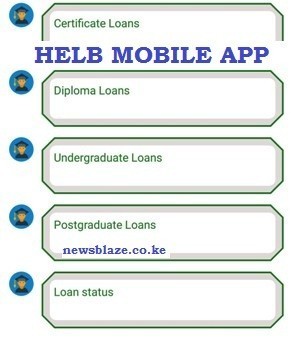TVET STUDENTS FIRST TIME LOAN […]
Read moreTag: TVET LOANS
105,000 TVET students have so far applied for Helb loans ahead of the October deadline
Helb currently funds students in 111 Tvet colleges; compared to 74 last year. These are colleges approved by the Technical and Vocational Education Training Authority, TVETA, and are members of Katti. The deadline for application is October 31, 2019
Read moreTVET Loan Application; This is what you need to do
Students pursuing Diploma and Certificate […]
Read moreList of all approved Technical and Vocational Training, TVET, institutions, Universities and Polytechnics in Kenya
The Technical and Vocational Education […]
Read moreTVETs to use the Competency-Based Education and Training (CBET); here are the 25 training areas for students
The Technical and Vocational Education […]
Read more